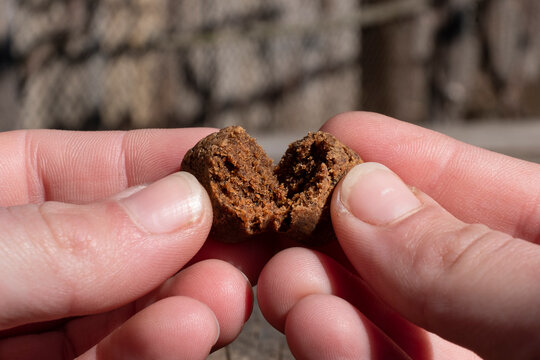Dental treatment can be awkward, especially when you’re going through it for the first time. Dental numbness is when the patient experiences numbness and tingling sensation in the mouth. Such is due to certain dental procedures such as tooth extraction, repair of damaged teeth, or placement of dental implants.
It’s frustrating to experience numbness because you can’t do your normal routine activity without feeling nervous about what you are about to experience. You probably never thought that getting rid of dental numbness could be this quick and easy. To do this, you will need to take a few steps:
See Your Dentist for an Exam
The first step is to see your dentist for an exam. He will use some tools to look inside your mouth, and he may also take x-rays of the area. It can help him determine if there is any damage to the nerves in your tooth or root canal treatment area.
See Your Doctor for Medication
If there is nerve damage in your tooth or root canal treatment area, your doctor may prescribe medication such as antibiotics or painkillers to help with the symptoms until they go away.
Make sure that you take these medications as directed not to become ineffective or cause more problems than they solve.
Rinse with Warm Water
If you can’t get to a dentist right away, rinse with warm water several times a day. Rinse for at least 30 seconds each time, ensuring that all infected areas are in the water.
You should also try using a mixture of baking soda and hydrogen peroxide on a cotton swab or toothbrush — be sure not to use too much!
Warm water helps wash away bacteria and plaque from your mouth, which can cause inflammation of the gums.
Rinse with salt water to help reduce swelling caused by infections or inflammation by drawing fluids out from inside cells into the surrounding tissue. It also helps kill bacteria that cause tooth decay and gum disease by removing plaque from teeth.
Use a Soft-Bristled Toothbrush
Dental brushes that are too hard can damage the enamel on your teeth, leading to further irritation and pain. A soft-bristled toothbrush will help you get rid of any food particles lodged between your teeth.
Brushing with a regular brush may not remove these particles because it’s too hard on your gums, leading to further problems with gum disease.
Brush Gently with Fluoride Toothpaste
Fluoride helps strengthen enamel and fight decay, so it is essential to brush with it twice daily, especially when dealing with dental numbness or other oral health problems such as gum disease or cavities.
In Summary
Overall, there are several aspects at work when determining the cause of dental numbness. However, if you are experiencing a recurrence of numbness or tingling in your teeth, you should consider talking with your dentist.
If dental treatments feel more painful than they previously did, seek out a diagnosis for that, preferably from someone specializing in teeth and gum troubles.




